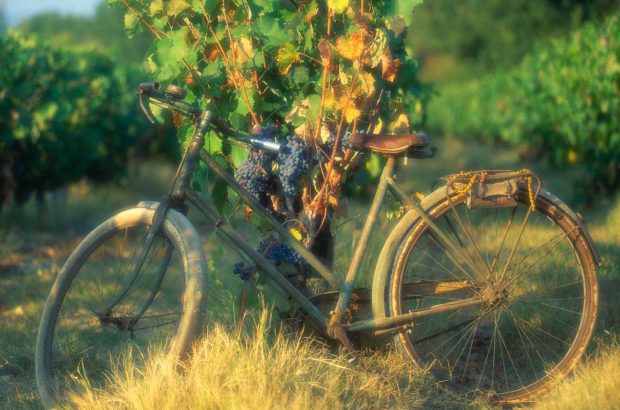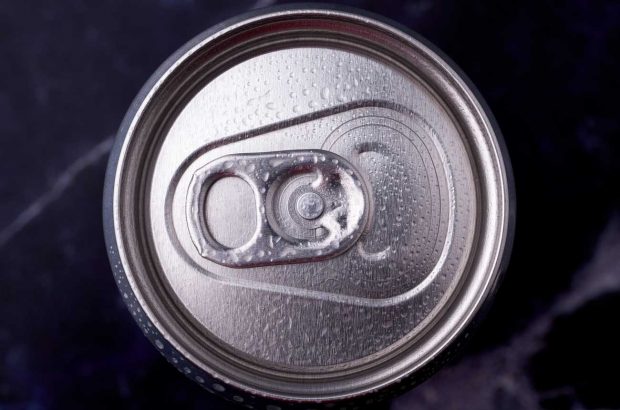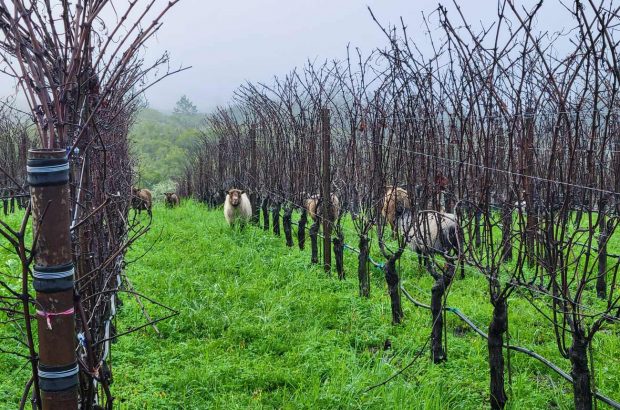From Pinot Grigio in the Scottish Borders to Tempranillo vineyards in central London, a new study projects that temperature rises linked to climate change will turn the UK into a major wine producer by 2100.
A warmer climate is set to transform Britain from a fringe player on the global wine-making scene to a major producer by the end of the 21st Century, according to a study commissioned by retailer and merchant Laithwaite’s.
An expected rise in temperatures of more than 2 degrees celsius, plus around 5% more rain, means that UK is going to be well placed to produce a whole variety of wine styles.
Pinot Grigio, Riesling and Pinot Noir could even make it as far north as the Scottish Borders. And Essex on the outskirts of London might be producing Malbec – despite its tricky reputation – as well as Syrah and Chardonnay, researchers said.
Map: What Britain might be making in 2100
Image credit: Laithwaite’s

Where Britain might be making wine in 2100. Image Credit: Laithwaites
The study will likely raise a few eyebrows in the wine world.
English sparkling wines have gained respect with several awards in recent years, but the idea of Britain joining the top tier of world wine producers is still one of the best ways to raise a smile in the wine-making villages of southern France.
The map above also misses out a few existing regions, including winemakers in Wales, as well as Camel Valley in Cornwall.
The study, by professor Mark Maslin and Lucien Georgeson from University College London, used average temperature and rainfall conditions required for growing different grape varieties.
It then matched these with predicted changes in climate in the UK to map changes to British viticulture over the next 85 years.
‘Thanks to a changing climate, as well as passion and expertise, we could see wine buyers from all over the world coming to taste the latest UK vintages in a few generations,’ said Davy Zyw, of Laithwaite’s Wine.
Professor Maslin said, ‘This study could signal how we think long-term about British wine production and redraw the future wine map of the world.
‘However, exactly where would be best for particular grapes will depend on site, slope, aspect, soil and drainage – as wine making is much an art as it is a science.’
Not everyone believes that climate change will be such a great bonus for wine in Britain.
A University of East Anglia study earlier this year said that more rain and a higher chance of extreme weather could cause problems in vineyards.
Some researchers might also point out that a two degree increase in temperatures in the UK would coincide with potentially catastrophic consequences of climate change elsewhere in the world.
More wine and climate change stories

Breakthrough may save Cabernet Sauvignon from climate change
Scientists close to cracking Cabernet genetic code...

Jefford on Monday: Change is coming

Climate change will ‘threaten productivity’ in English winemaking, says study author
A new study says that UK climate change ‘threatens productivity’ in English winemaking, as weather becomes more variable.

Revived wine grapes may resist climate change – Torres

Jefford on Monday: England’s Marlborough moment
Andrew Jefford is impressed with what he's seen...





